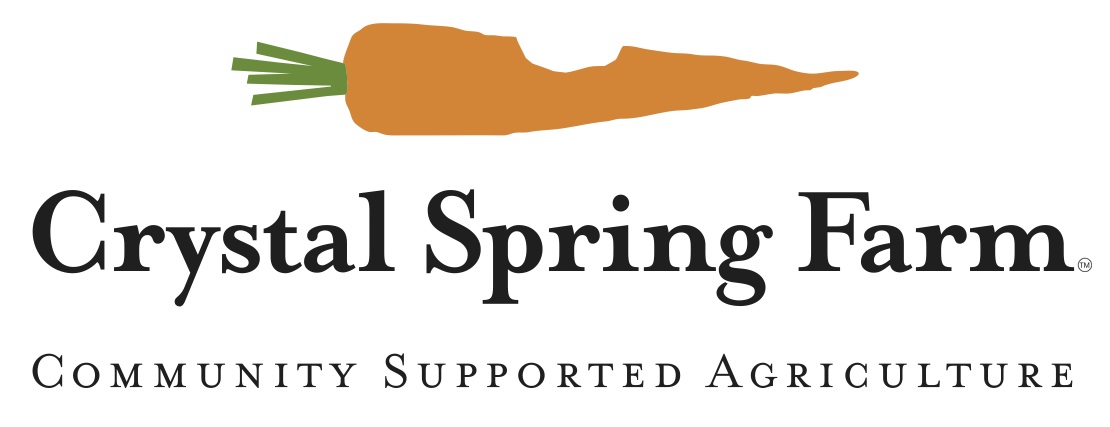What’s in Upic?……
Thyme Chives Basil
Parsley Cilantro Beans
All Flowers
Summer it appears has finally arrived to Maine after an extended wet spring. Some of our crops are fairing well, like the leeks you will be seeing this week, but others are not. The biggest loss to note, and I can hear the collective gasp as I write, is our tomato crop. Over the past 2 weeks late blight, fueled by rain and fog has taken the whole crop, about 850 plants. This breaks my heart. In the 13 years I have been farming I have never seen a year like this, and I hope to never see another. Potatoes have been another victim of the blight, but we hope to be digging them, small as they are, in the next couple weeks. Luckily the harvestable part sits below the ground and is less susceptible to the dreaded fungus. Needless to say, we are forging ahead with hope that the last few months of the season will yield some semblance of normal fall crops and yields.
The one product of this farm that I can praise unequivocally this year is your support. CSA is a relationship and in a normal year your trust in us pays dividends in produce as we meet and exceed our yield expectations. This year we will fall short of our goals and it is your understanding and enthusiasm for what we are bringing in that keeps us focused and looking up. Thanks for your kind words and support, it allows us to do what we love.
Leeks arrive in abundance today and we thought it wise to give you the scoop on them as we hope to be harvesting this planting for a couple weeks and we don’t want them to pile up in your fridge. Leeks are a sweet, tender, member of the onion family. They have a light flavor –unlike an onion, and can be used like a scallion, shallot or garlic to add sweet savory flavor to whatever your eating whether its raw or cooked. One of our favorite ways to have is on the grill. We slice them in half long ways, slather them in olive oil and put them right over a hot fire until the begin to blacken –the heat caramelizes them and turns them into candy. More info on grilling leeks and other vegetables are on our website http://crystalspringcsa.com/archives/category/recipes/leek .
The upic field is doing well this year and beans are the big story this week. There are eight rows of them ready to go right now –so please pick them! Flowers and herbs are also doing well. All the flowers in the field are open for picking right now. Herbs with labels are ready as well. When harvesting herbs please use scissors and try to only cut one third of the plant, leaving a third of the plant to regenerate new leaves for cutting again. Those that like a bit of work with their upic can pull Japanese beetles off the zinnias and put them in the buckets of soapy water next to the beds or pick rocks from the field and put them in the big blue barrel at the gate by the scissors. Many hands…
Milkweed Farm Pastured Eggs now available at distribution. Milkweed Farm is right down Woodside road from us and Michael and Lucretia Woodruff raise pastured animals and eggs. We think their eggs are some of the best we have tasted since we stopped raising them ourselves. They keep their birds on pasture twenty-four seven so they have new grass everyday which makes their yolks bright yellow and maximizes the “good” fatty acids that come from all the beta-carotene in the grass.
Organic Maine Blueberries . We will be taking orders for fresh Maine organic blueberries next week (August 11-15)…order in quart or 5lb. sizes. More info as well as prices and pick-up days coming in next week’s newsletter.
